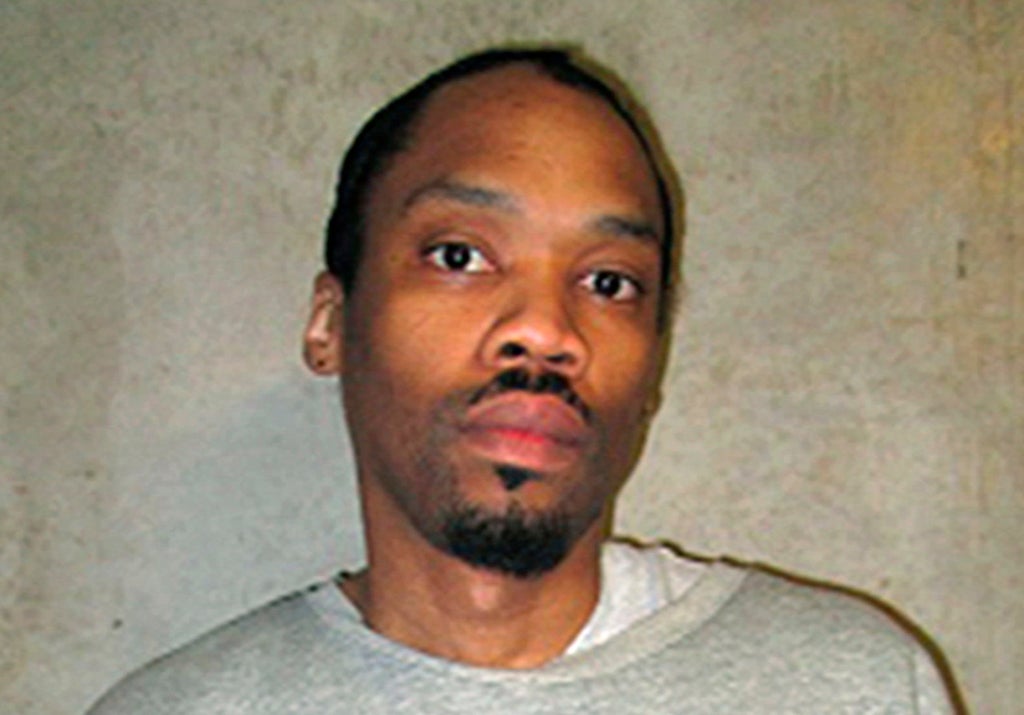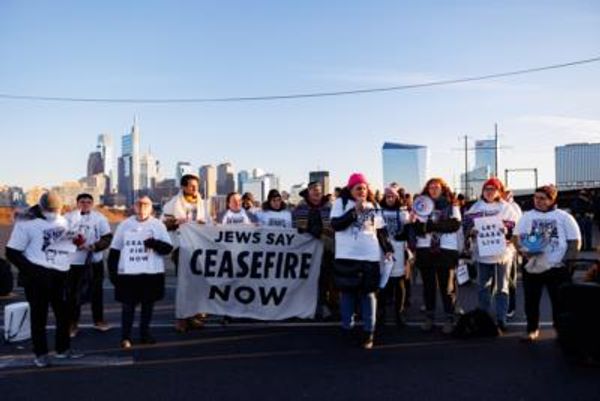
A federal appeals court rejected a request for four Oklahoma death row inmates to pause their executions while they challenge the state’s lethal injection protocols. The men—Julius Jones, Wade Lay, Donald Grant, and Gilbert Postelle—are all scheduled to be killed in the coming months.
The four are part of a long-running challenge to Oklahoma’s three-drug execution method, alleging it causes pain and suffering that amounts to unconstitutional cruel and unusual punishment under the 8th Amendment.
More recently, they have argued that a recent October execution, Oklahoma’s first after a six-year moratorium, bolstered their claims, noting how inmate John Grant convulsed and vomited during his execution.
But the 10th Circuit US Court of Appeals was unmoved, writing in their unanimous ruling on Friday that the men weren’t likely to succeed on their main claims: that the lethal injection drugs are cruel and unusual punishment, and that an Oklahoma request for the men to designate a supposedly less-painful alternative method of execution amounted to religious persecution.
The four “are not paying for their religious beliefs with their lives; at most they are forfeiting a delay in execution of a sentence that ... is constitutional in their case,” the panel wrote in its ruling, noting the men had already availed themselves of every other kind of appeal that could’ve overturned their death sentence. It also added that other courts, including the US Supreme Court, have upheld the use of midazolam, the main drug at issue.
In late October, a panel on the same appeals court had held the executions should be paused temporarily, finding that a lower federal court had acted two hastily by removing the men from the lethal injection lawsuit because they hadn’t chosen an alternative execution method. A day later, the US Supreme Court overruled the 10th Circuit, allowing the executions to go forward.
Jen Moreno, federal public defender working on the case, called the 10th Circuit’s ruling “inexplicable.”
“We’re kind of in the process of figuring out what’s next,” she told The Associated Press on Saturday. “Our team is spending this weekend looking over the ruling.”
If the appeals court ruling goes unchallenged, Julius Jones could be executed as soon as Thursday. He was sentenced to death for the 1999 killing of Paul Howell during a carjacking in the Oklahoma City suburbs.
Jones, who is Black, and was 19 at the time of the killing, has long maintained that he is innocent, saying he was the victim of a racist police investigation and prosecution that allowed the real killer to escape the death penalty by testifying against him.
The inmate has developed a substantial following in recent years under the banner of the “Justice for Julius” movement, whose supporters include local activists, as well as celebrities like Kim Kardashian and NBA star Stephen Curry.
Current and former Oklahoma officials, as well as the Howell family, argue there’s substantial evidence Jones shot Paul Howell.
In early November, the Oklahoma Pardon and Parole Board recommended for the second time that Julius Jones be taken off death row, citing an “inherently wrong” legal case against him. The decision about his execution, however, ultimately rests with Oklahoma governor Kevin Stitt, a Republican who supports capital punishment.
Prior to killing John Grant, Oklahoma hadn’t executed anyone in six years, after a series of disastrous botched death sentences where two men were killed using the incorrect lethal injection drugs, resulting in visible suffering. A third man, Richard Glossip, nearly met the same fate, before the execution was called off with hours to spare.
The state, after reviewing its protocols, announced it would resume executions in 2020 with the same-three drug mixture it had used previously, which Oklahoma obtains from an undisclosed source.
"The Department of Corrections has addressed concerns regarding carrying out the death penalty and is prepared to follow the will of the people of Oklahoma, as expressed in state statute, and the orders of the courts by carrying out the execution of inmates sentenced to death by a jury of their peers," Oklahoma Department of Corrections director Scott Crow said in October.
The Independent and the nonprofit Responsible Business Initiative for Justice (RBIJ) have launched a joint campaign calling for an end to the death penalty in the US. The RBIJ has attracted more than 150 well-known signatories to their Business Leaders Declaration Against the Death Penalty - with The Independent as the latest on the list. We join high-profile executives like Ariana Huffington, Facebook’s Sheryl Sandberg, and Virgin Group founder Sir Richard Branson as part of this initiative and are making a pledge to highlight the injustices of the death penalty in our coverage.






